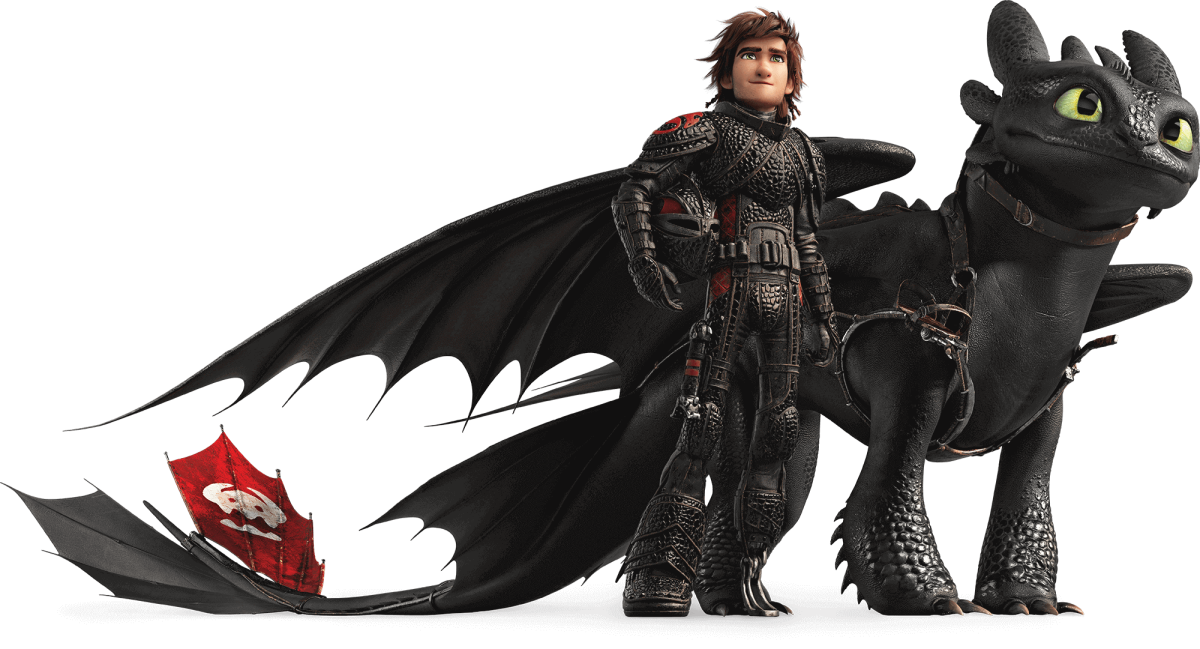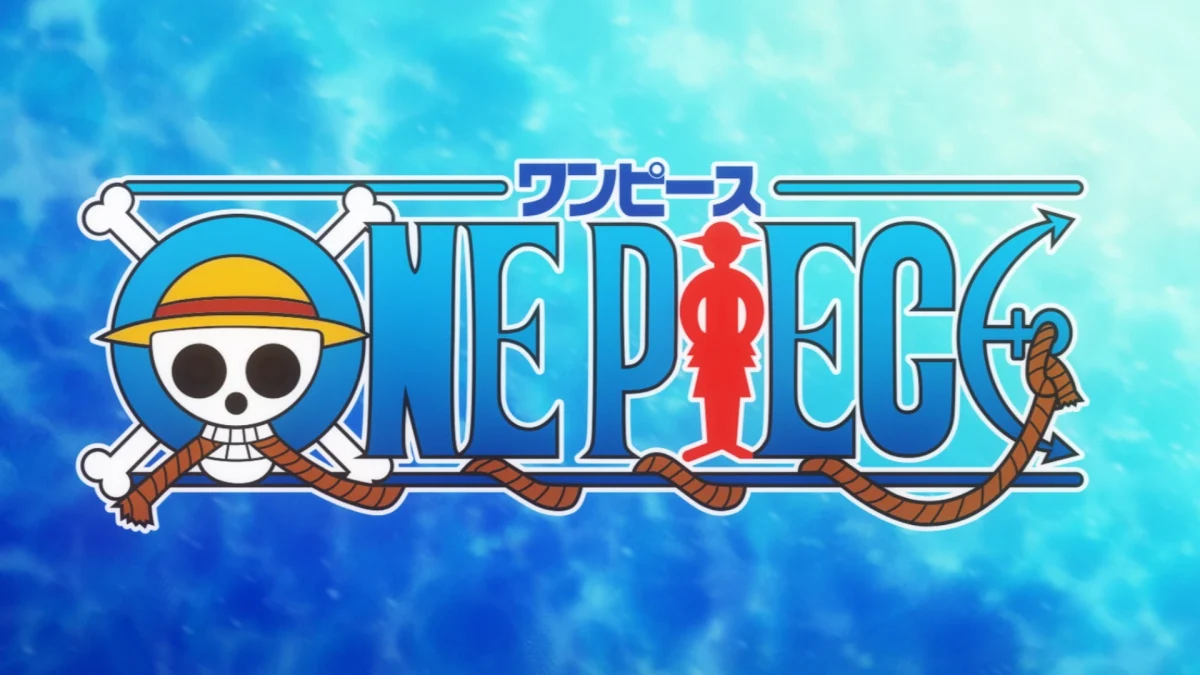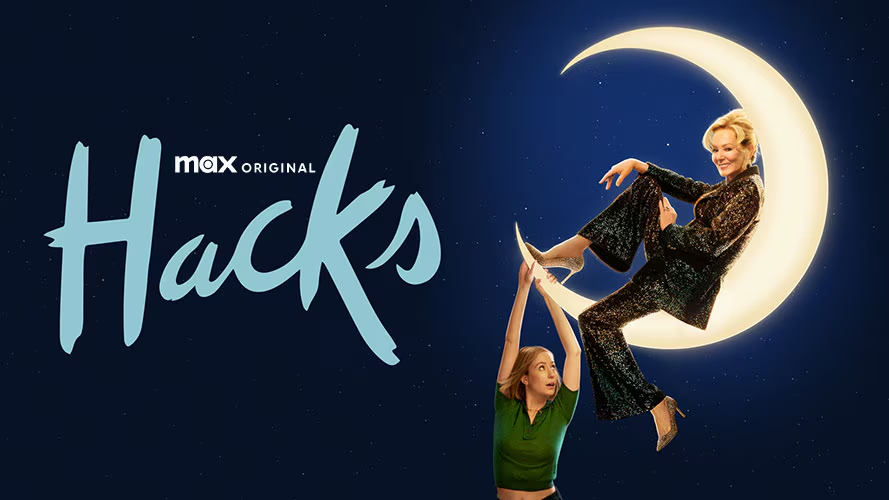Macklemore and Ryan Lewis’ The Heist is a collection of previously released singles and new songs by the independent rapper-producer duo, and their first album to attain mainstream success. The album benefits from a strong ensemble of guest musicians, catchy hip-hop beats, and a diverse selection of emotional themes, running the gamut from the humorous “Thrift Shop” to the political “Same Love.”
Anyone who loves rappers with a message beyond violence and drugs, such as Immortal Technique or Scroobius Pip will enjoy Macklemore’s unique take on intellectual rap: smart, well written lyrics that manage to escape conformism and occasionally even attain lightheartedness.
Fans of Macklemore’s previous work, such as the single “Otherside”, will already be familiar with Macklemore’s life, such as his recovery from drug addiction and his love for his hometown of Seattle. The theme of his song “Neon Cathedral” is recovery, where he compares his alcoholism to religion. In “Starting Over” he talks about relapse and how he feels he is a false idol for overcoming addiction due to his personal demons. This somber attitude adds weight to the album without weighing it down or feeling preachy.
“BomBom” is a brief instrumental interlude set in the middle of the album that serves as a counterpart to the heavy lyricism of songs like “Jimmy Iovine”, a fierce, modern sounding track that cleverly highlights Macklemore’s strong feelings about being an independent artist.
Some songs are personal and biographical without merely orbiting around drugs or alcohol, something many song writers can’t accomplish without sounding whiny or contrived. The opener, “Ten Thousand Hours” discusses the idea that it takes ten thousand hours of work to master anything, and Macklemore’s journey to reach that point. Cleverly following it is “Can’t Hold Us”, a powerful and catchy wake-up song reminiscent of youth without being blatant. “Make the Money” continues with the personal theme by allowing Macklemore to rap about his views on hip-hop and consumerism, and how his real reason for rapping is his love of the art, not shallow materialism.
Continuing the consumerism and biographical themes is “Wing$”, a story with a moral about Macklemore’s experience as a boy with an expensive pair of Nike basketball shoes and how they colored his view of materialism for the rest of his life. This song is a powerful statement flawlessly mixed with excellent production and a well-related story.
The Heist is a deeply personal album, often tinged with seriousness, but never saturated with it, as shown with the most successful Macklemore single to date, “Thrift Shop”, an upbeat, poppy, tongue-in-cheek song which consists of Macklemore bragging about his love of eccentric, cheap, Goodwill clothing. Hidden within the humorous song is a message about the silliness of a consumer driven culture, but still manages to be tasteful.
The closing track, “Cowboy Boots”, manages to artfully encompass several of Macklemore’s favorite subjects: Seattle, his life, and alcohol in an excellent track about a summer in his younger days. This song does an excellent job of showing Macklemore’s weariness, but it doesn’t seem that of an irony-wracked hipster, but that of a man with convictions; and that is the real strength of The Heist: its ability to speak real, personal truths without being weighed down by them.




